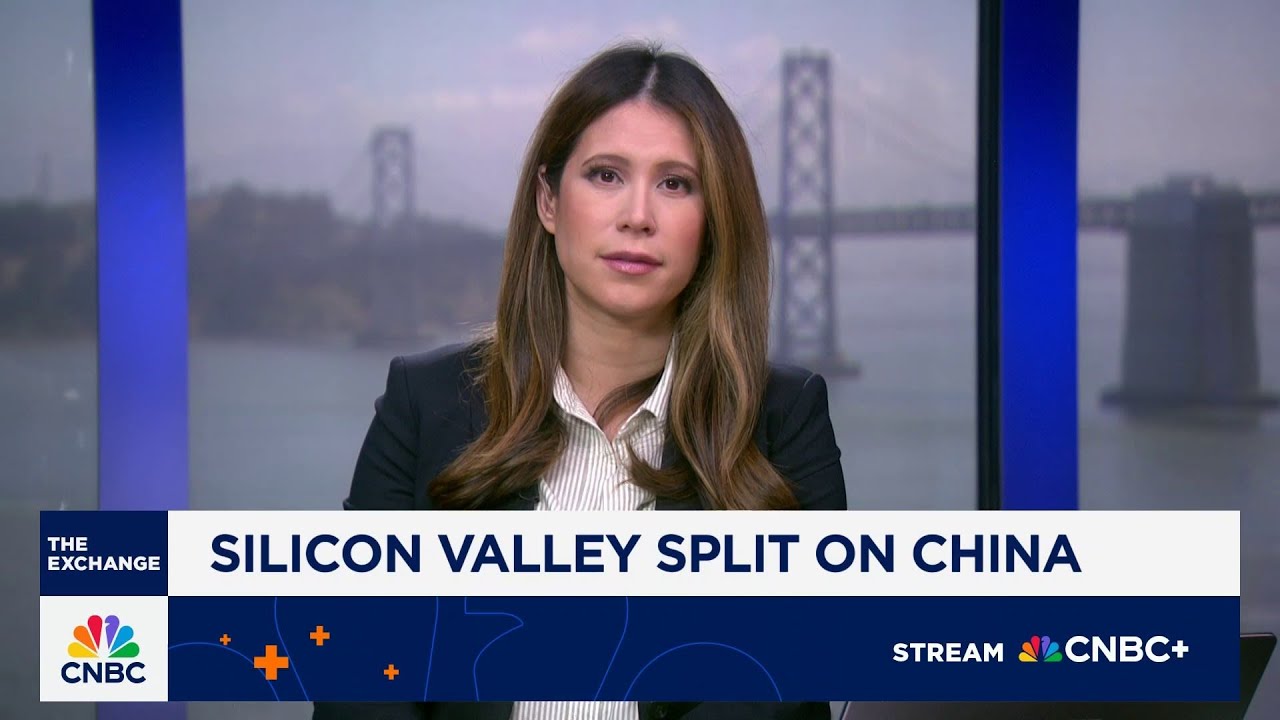The video highlights the divided opinions in Silicon Valley on how the U.S. should approach competing with China in AI and technology, with some advocating for innovation and others supporting restrictive measures to limit China’s access to advanced tech. It also emphasizes China’s rapid development of AI chips, exemplified by Huawei, which challenges U.S. dominance and prompts a reevaluation of strategies in the global tech race.
The video discusses the ongoing debate in Silicon Valley regarding the best strategy for the U.S. to compete with China in the AI and technology race. Shares of Nvidia, a leading American chipmaker, declined by 4% following reports that Huawei, a Chinese tech giant, is developing a new AI chip that could rival Nvidia’s capabilities. This development has intensified concerns about China’s rapid progress in AI technology and has sparked a broader discussion about how the U.S. should respond to maintain its technological edge.
There are two main camps in this debate. One side, represented by influential Silicon Valley investors like Marc Andreessen, Bill Gurley, and Brad Gerstner, argues that trying to contain China’s technological advancements is a losing strategy. They believe that the U.S. should focus on innovation and staying ahead rather than trying to block China’s progress through restrictions or export controls. According to this perspective, attempting to limit China’s access to advanced technology could be counterproductive and hinder American competitiveness.
Conversely, another camp, which includes individuals with ties to the Trump administration, advocates for a more aggressive approach to restricting China’s access to advanced U.S. technology. Figures like David Sax emphasize the importance of being tough on China by blocking its access to critical technologies, especially in AI and semiconductors. They argue that the U.S. must protect its technological lead and prevent China from catching up, viewing China’s rapid advancements as a significant threat to American dominance.
The debate also touches on concerns about export controls and whether they are effective or could backfire. Some officials and analysts suggest that restrictions might slow down China’s progress but could also have unintended consequences, such as prompting China to accelerate its own technological development or find alternative sources. The discussion highlights the complexity of balancing national security interests with maintaining a competitive edge in global technology markets.
Huawei’s ongoing efforts to develop more powerful AI chips exemplify the urgency of this competition. The company is reportedly testing a new chip that is already impacting Nvidia’s stock, illustrating how China’s advancements are directly challenging U.S. companies. While the U.S. continues to lead in certain areas, China’s rapid progress and strategic investments in AI and chip technology are forcing policymakers and industry leaders to reconsider their strategies in this high-stakes technological arms race.
